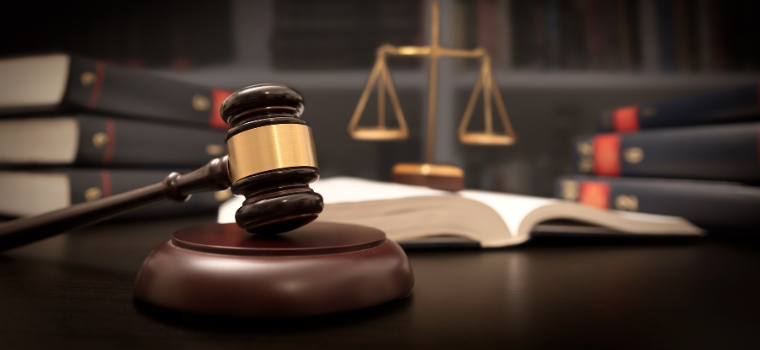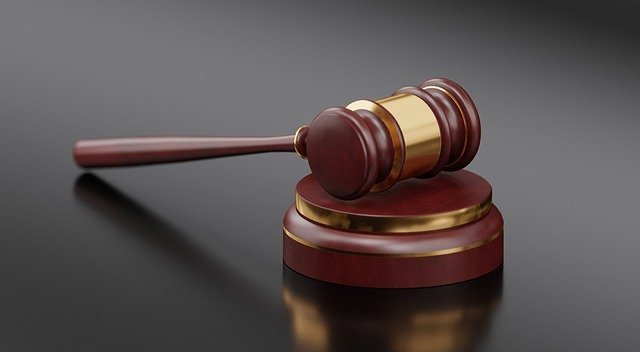The appeal process is a crucial part of the criminal justice system, allowing individuals convicted of a crime to challenge the outcome of their trial. Appeals are a legal mechanism to address potential errors or injustices that may have occurred during the trial process. This article explores the appeal process in criminal convictions, including the grounds for appeal, the procedural steps involved, and the potential outcomes of an appeal.
Grounds for Appeal
1. Legal Errors
Identifying Mistakes in Trial Proceedings
- Incorrect Jury Instructions: If the trial court provided incorrect instructions to the jury regarding the law, it may affect the jury’s understanding and the verdict’s validity.
- Admissibility of Evidence: Errors in admitting or excluding evidence can impact the fairness of the trial. For instance, if the court allowed inadmissible evidence that prejudiced the defendant, it may be grounds for appeal.
2. Procedural Errors
Examining Violations of Legal Procedures
- Improper Conduct by the Judge: Judicial misconduct or biased behavior by the judge during the trial can be a basis for appeal. This includes improper comments, unfair rulings, or conflicts of interest.
- Ineffective Assistance of Counsel: If the defendant’s attorney failed to provide competent representation, it could be considered ineffective assistance of counsel, warranting an appeal.
3. Insufficient Evidence

Challenging the Evidence Presented
- Lack of Evidence to Support Conviction: An appeal may argue that the evidence presented at trial was insufficient to support the conviction. This means that no reasonable jury could have reached the same conclusion based on the evidence.
- New Evidence: New evidence that was not available during the original trial can also be grounds for appeal, especially if it could significantly impact the outcome of the case.
Steps in the Appeal Process
1. Filing a Notice of Appeal
Initiating the Appeal
- Notice of Appeal: The appeal process begins with filing a notice of appeal, which informs the court and the opposing party of the intention to challenge the conviction. This notice must be filed within a specific time frame, often 30 days after the conviction.
2. Preparing the Appeal
Gathering and Submitting Documentation
- Appellate Brief: The appellant (the party appealing the conviction) submits an appellate brief outlining the legal arguments and reasons for challenging the conviction. This brief includes references to the trial record, legal precedents, and relevant statutes.
- Record on Appeal: The trial court record, including transcripts of the trial proceedings and evidence presented, is compiled and submitted to the appellate court for review.
3. Oral Arguments
Presenting the Case to the Appellate Court
- Argument Presentation: Both parties may present oral arguments before the appellate court. The appellant argues why the conviction should be overturned, while the appellee (the opposing party) defends the original verdict.
- Judges’ Questions: Appellate judges may ask questions during the oral arguments to clarify points or seek further information.
4. Appellate Court Decision
Awaiting the Court’s Ruling
- Decision Issuance: After reviewing the briefs, record, and oral arguments, the appellate court issues a written decision. The court may affirm the conviction, reverse it, or remand the case back to the trial court for further proceedings.
- Possible Outcomes: If the appellate court reverses the conviction, the case may be dismissed, or a new trial may be ordered. If the court affirms the conviction, the appellant may seek further review by a higher court or pursue other post-conviction remedies.
Potential Outcomes of an Appeal
1. Reversal of Conviction
Impact on the Case
- Dismissal of Charges: A reversal may lead to the dismissal of the charges, effectively nullifying the conviction and resulting in the defendant’s release.
- New Trial: The appellate court may order a new trial if it finds that errors affected the original trial’s fairness.
2. Affirmation of Conviction
Continuing the Legal Process
- Upheld Conviction: If the appellate court affirms the conviction, the original verdict stands, and the defendant must continue to serve the sentence or pursue other legal avenues, such as post-conviction relief.
3. Remand for Further Proceedings
Additional Court Action
- Further Proceedings: The appellate court may remand the case to the trial court for additional hearings or a new trial, depending on the nature of the errors found and the required corrections.
Conclusion
The appeal process in criminal convictions provides an essential opportunity for defendants to challenge potential errors and injustices in their trial. By understanding the grounds for appeal, the procedural steps involved, and the potential outcomes, defendants can better navigate the appellate process and seek a fair resolution to their case. Effective legal representation and a thorough review of the trial record are critical in presenting a strong appeal and achieving a favorable outcome.










